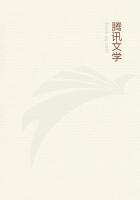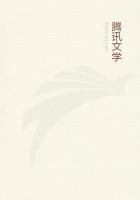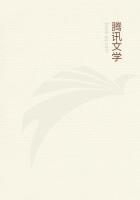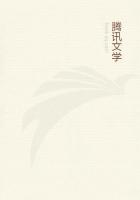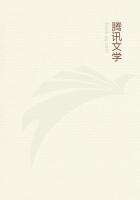Another road through this chaos is provided by the physiology of speech.
The organs of language are the same in all mankind, and are only capable of uttering a certain number of sounds. Every man has tongue, teeth, lips, palate, throat, mouth, which he may close or open, and adapt in various ways; making, first, vowels and consonants; and secondly, other classes of letters. The elements of all speech, like the elements of the musical scale, are few and simple, though admitting of infinite gradations and combinations. Whatever slight differences exist in the use or formation of these organs, owing to climate or the sense of euphony or other causes, they are as nothing compared with their agreement. Here then is a real basis of unity in the study of philology, unlike that imaginary abstract unity of which we were just now speaking.
Whether we regard language from the psychological, or historical, or physiological point of view, the materials of our knowledge are inexhaustible. The comparisons of children learning to speak, of barbarous nations, of musical notes, of the cries of animals, of the song of birds, increase our insight into the nature of human speech. Many observations which would otherwise have escaped us are suggested by them. But they do not explain why, in man and in man only, the speaker met with a response from the hearer, and the half articulate sound gradually developed into Sanscrit and Greek. They hardly enable us to approach any nearer the secret of the origin of language, which, like some of the other great secrets of nature,--the origin of birth and death, or of animal life,--remains inviolable. That problem is indissolubly bound up with the origin of man; and if we ever know more of the one, we may expect to know more of the other. (Compare W. Humboldt, 'Ueber die Verschiedenheit des menschlichen Sprachbaues;' M. Muller, 'Lectures on the Science of Language;' Steinthal, 'Einleitung in die Psychologie und Sprachwissenschaft.'
It is more than sixteen years since the preceding remarks were written, which with a few alterations have now been reprinted. During the interval the progress of philology has been very great. More languages have been compared; the inner structure of language has been laid bare; the relations of sounds have been more accurately discriminated; the manner in which dialects affect or are affected by the literary or principal form of a language is better understood. Many merely verbal questions have been eliminated; the remains of the old traditional methods have died away. The study has passed from the metaphysical into an historical stage. Grammar is no longer confused with language, nor the anatomy of words and sentences with their life and use. Figures of speech, by which the vagueness of theories is often concealed, have been stripped off; and we see language more as it truly was. The immensity of the subject is gradually revealed to us, and the reign of law becomes apparent. Yet the law is but partially seen; the traces of it are often lost in the distance. For languages have a natural but not a perfect growth; like other creations of nature into which the will of man enters, they are full of what we term accident and irregularity. And the difficulties of the subject become not less, but greater, as we proceed--it is one of those studies in which we seem to know less as we know more; partly because we are no longer satisfied with the vague and superficial ideas of it which prevailed fifty years ago; partly also because the remains of the languages with which we are acquainted always were, and if they are still living, are, in a state of transition; and thirdly, because there are lacunae in our knowledge of them which can never be filled up. Not a tenth, not a hundredth part of them has been preserved. Yet the materials at our disposal are far greater than any individual can use. Such are a few of the general reflections which the present state of philology calls up.
(1) Language seems to be composite, but into its first elements the philologer has never been able to penetrate. However far he goes back, he never arrives at the beginning; or rather, as in Geology or in Astronomy, there is no beginning. He is too apt to suppose that by breaking up the existing forms of language into their parts he will arrive at a previous stage of it, but he is merely analyzing what never existed, or is never known to have existed, except in a composite form. He may divide nouns and verbs into roots and inflexions, but he has no evidence which will show that the omega of tupto or the mu of tithemi, though analogous to ego, me, either became pronouns or were generated out of pronouns. To say that 'pronouns, like ripe fruit, dropped out of verbs,' is a misleading figure of speech. Although all languages have some common principles, there is no primitive form or forms of language known to us, or to be reasonably imagined, from which they are all descended. No inference can be drawn from language, either for or against the unity of the human race. Nor is there any proof that words were ever used without any relation to each other. Whatever may be the meaning of a sentence or a word when applied to primitive language, it is probable that the sentence is more akin to the original form than the word, and that the later stage of language is the result rather of analysis than of synthesis, or possibly is a combination of the two. Nor, again, are we sure that the original process of learning to speak was the same in different places or among different races of men.

